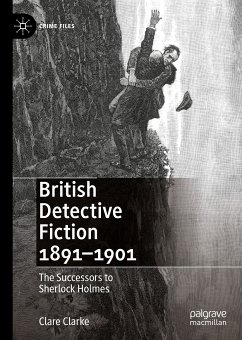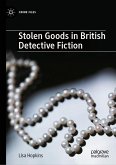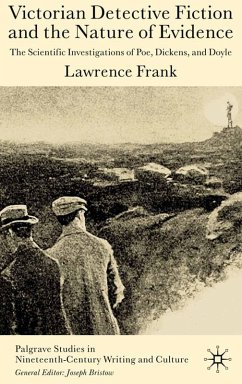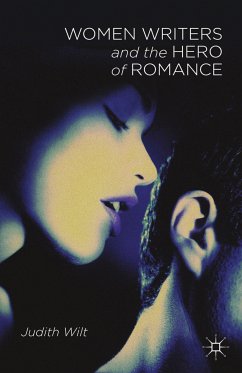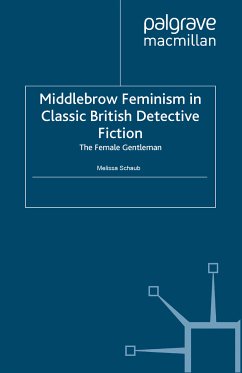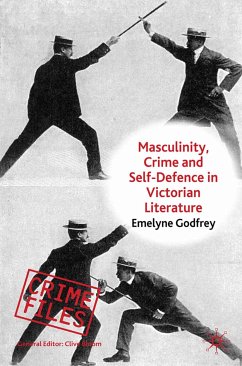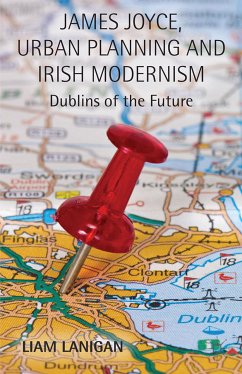"In this brilliant, incisive study of late Victorian detective fiction, Clarke emphatically shows us there is life beyond Sherlock Holmes. Rich in contextual detail and with her customary eye for the intricacies of publishing history, Clarke's wonderfully accessible book brings to the fore a collection of hitherto neglected writers simultaneously made possible but pushed to the margins by Conan Doyle's most famous creation."
- Andrew Pepper,, Senior Lecturer in English and American Literature, Queen's University, Belfast
Professor Clarke's superb new book, British Detective : The Successors to Sherlock Holmes, is required reading for anyone interestedin Victorian crime and detective fiction. Building on her award-winning first monograph, Late-Victorian Crime Fiction in the Shadows of Sherlock, Dr. Clarke further explores the history of serial detective fiction published after the "death" of Conan Doyle's famous detective in 1893. This is a path-breaking book that advances scholarship in the field of late-Victorian detective fiction while at the same time introducing non-specialist readers to a treasure trove of stories that indeed rival the Sherlock Holmes series in their ability to puzzle and entertain the most discerning reader.
- Alexis Easley, Professor of English, University of St.Paul, Minnesota
Dieser Download kann aus rechtlichen Gründen nur mit Rechnungsadresse in A, B, BG, CY, CZ, D, DK, EW, E, FIN, F, GR, HR, H, IRL, I, LT, L, LR, M, NL, PL, P, R, S, SLO, SK ausgeliefert werden.
"This is an ambitious and diverse study that places detective fiction in its broader periodical contexts and makes an important contribution to a growing critical field. ... Clarke's book is a welcome addition to recent critical work ... . This engagingly written study offers a much fuller account of 1890s detective fiction and will be essential reading for scholars working on the fin de siècle, Victorian popular fiction, journalism, and the publishing history of the short story." ( Emma Liggins, Victorian Periodicals Review, Vol. 54 (1), 2021)

